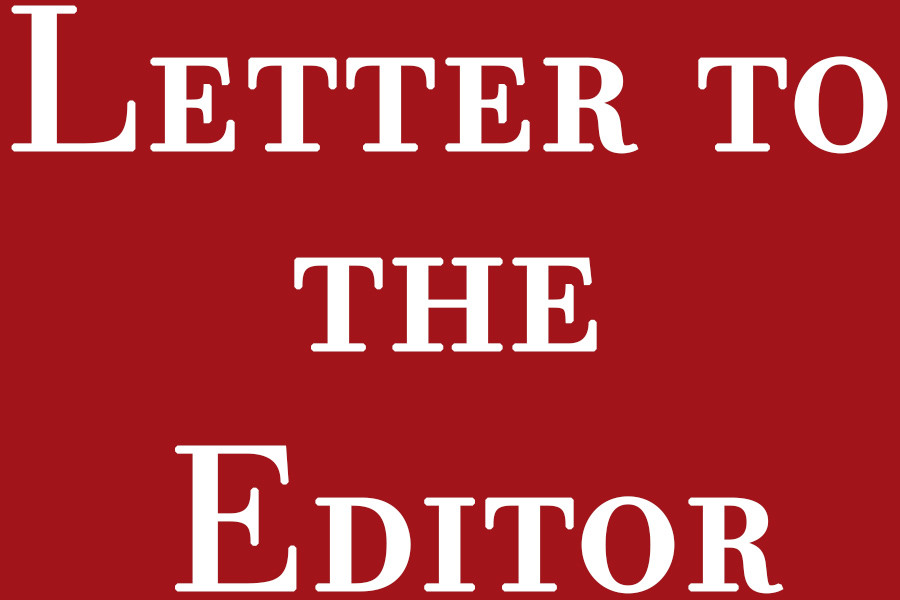Letter to the Editor: NYU’s (Non)Sanctuary Campus Status
January 30, 2017
Dear Editor,
NYU President Andrew Hamilton’s November 2016 letter does not declare NYU a sanctuary campus. While his statements support DACA and our undocumented students, he leans on language from existing policies and the notion that New York City is already a sanctuary city.
Unfortunately, Hamilton’s letter, as it stands, is strategically tricky in a way that allows him to appease students while also appeasing other NYU stakeholders, like the Board of Trustees (some of whom, like John Paulson, have ties
to Trump).
His vague wording has led to confusion regarding NYU’s status as a sanctuary campus, and media outlets such as Gothamist, Politico and Washington Square News have all published false information about President Hamilton declaring NYU as a sanctuary campus. This information should be rectified.
In addition, Hamilton continues to use obfuscating language such as NYU having “diverse” stakeholders and that our university is “global” and “large”– that we are “practically committed” to sanctuary, but we are not. He has also mentioned that we have students and staff who support Trump and thus need to make sure we’re open to multiple stakeholders.
His letter creates a false sense of security, as members of the NYU community are made to believe we have sanctuary – we do not. The particular silence and omission of his letter in specifically declaring NYU a sanctuary campus has tremendous implications in our ability to protect, defend and fight for our communities.
Hamilton has currently made no commitment to deeming NYU a sanctuary campus. Without the explicit declaration of sanctuary, the university doesn’t have to be accountable to any commitments or protections.
Designating NYU a “sanctuary campus” has both symbolic and legal significance, particularly in bolstering NYU’s policies in protecting our community and also playing a larger leadership role in opposing national immigration policies that deport and detain members of
our community.
Explicit support and resources from administration are essential because of the networks and power the administration has access to. The livelihoods of our undocumented, Muslim and immigrant peers are being threatened everyday by the new presidential administration. It’s now time for NYU to protect its people.
With the executive orders on immigration, the need for NYU to declare a sanctuary campus status is more critical than ever. NYU is home to undocumented students, migrant workers, international students, Muslim students and their families, whose lives are thrust into precarity on the heels of this decision and the threat of fulfillment of other promises Trump and his camp have made regarding deportation, detainment and the curtailing of immigrant rights.
Thus far, over 60 universities have declared sanctuary status, including Columbia University, University of Pennsylvania, Rutgers and CUNY. A formal declaration from NYU will have a substantive impact – it will help deter federal or other action that may heighten the vulnerability of those communities, while also helping to reassure prospective student, staff and faculty recruits that NYU is an institution that protects its vulnerable members and has an institutional commitment to advance values of diversity and free speech against threats.
This is a moment when those institutions of higher learning that speak out for sanctuary will be distinguished from those who did not. Institutions that undertake this proactive step (and those that do not) will have a historic significance.
Members from 29 departments, organizations, and offices at NYU have signed a letter to President Hamilton asking once again that he explicitly declare NYU a sanctuary campus as a way to affirm commitment to protecting students, staff, workers and faculty.
If President Hamilton decides against declaring NYU a sanctuary campus, our community immediately becomes vulnerable.
A version of this article appeared in the Monday, Jan. 30 print edition. Email Students for NYU Sanctuary Campus at [email protected].
























































































































































